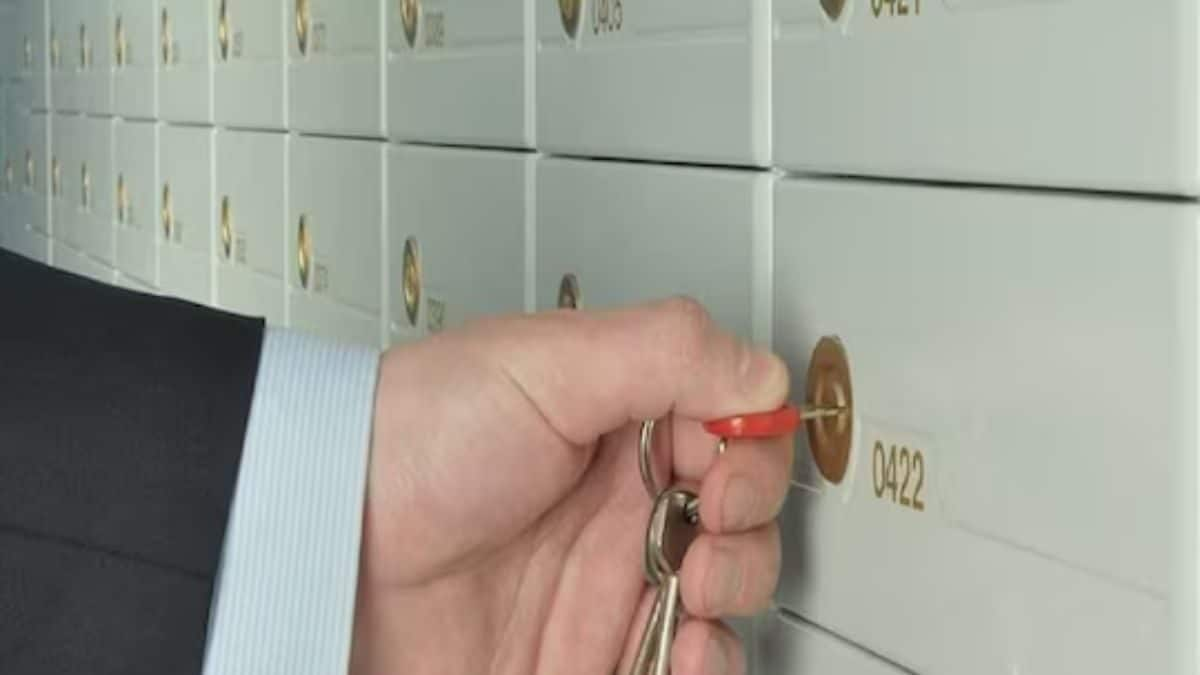Who Bears The Loss For Valuables Stolen From Bank Lockers? – News18


Who Bears The Loss For Valuables Stolen From Bank Lockers?
Banks will have to pay up to 100 times the annual locker rent to the customer as compensation in case of any loss arising out of its negligence.
In an era where the safety of valuable possessions is paramount, individuals often turn to bank lockers as a trusted solution to safeguard their cherished gold-silver ornaments and other precious items. With home security posing potential risks, the convenience and assurance offered by bank lockers make them an appealing choice for many. For a nominal fee, banks provide secure facilities that grant peace of mind to depositors. However, a critical question arises: who bears the responsibility if these valuables are stolen, even from the bank locker?
The locker’s contents are not entirely under the control of the Bank. The bank compensates you for the loss of your belongings for only certain situations. But it has different rules. Let’s have a look at them.
The relationship between the bank and the customer is more like that of landlord and tenant. Like the landlord gives his house on rent, but he has no responsibility for the goods of the tenant. Similarly, the locker is available for rent from the bank, but the belongings are not the bank’s responsibility entirely.
Whenever a person takes the locker services of the bank, an agreement between the bank and the customer is formed named the Memorandum of Letting. It clearly states, “For the contents of your locker in case of rain, fire, earthquake, flood, lightning, civil commotion, war, riot, etc., or any other cause beyond the control of the bank it will not be responsible.”
This agreement also says that the bank will do everything to ensure the safety of your belongings, but it will not be held accountable for anything that is kept inside the locker.
However, in response to the ever-increasing complaints from customers, the RBI has issued new regulations. These new rules have come into force from January 1, 2022. As per the new rules, banks can’t say that they have no liability regarding the products kept in storage.
In case of theft, fraud, fire, or building collapse, the liability of the banks will be up to 100 times the annual rent of the locker. Besides, the bank should make all important strides for the security of the storage.
The customer who has taken the locker on rent will access his locker, its alert will be given through e-mail and SMS through the bank. Now it is also necessary to monitor the people coming and going into the locker room through CCTV. Additionally, the data of CCTV footage will have to be stored for 180 days.
If in any event it is proved that the loss of the contents of the locker is due to the connivance of the bank staff or due to negligence in the security arrangement, then the bank will be held responsible for the same and will have to compensate it.
When entrusting our valuable possessions to the secure confines of a bank locker, we expect nothing less than the utmost protection. While banks offer a reliable solution for safeguarding jewellery, important documents, and other valuables, it is crucial to be aware of the liability aspects should the unexpected happen.
In the event that evidence reveals complicity or negligence on the part of the bank staff leading to the loss of locker contents, the bank assumes full responsibility for the theft and must compensate the affected parties.
For all the latest business News Click Here
